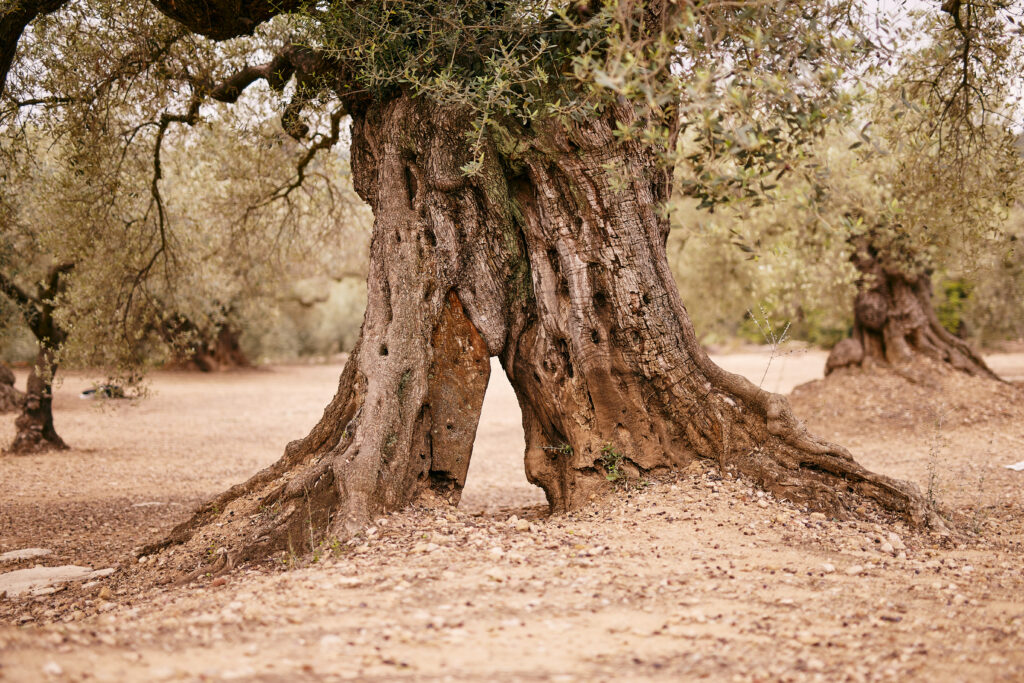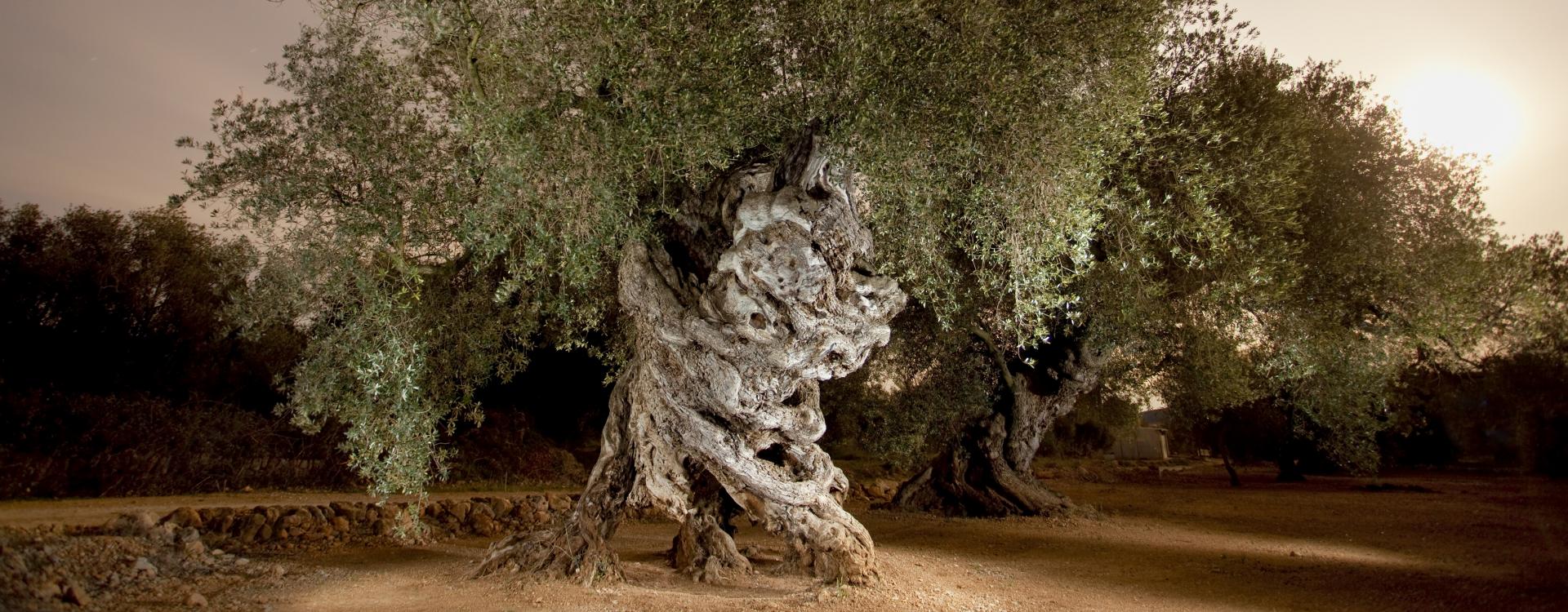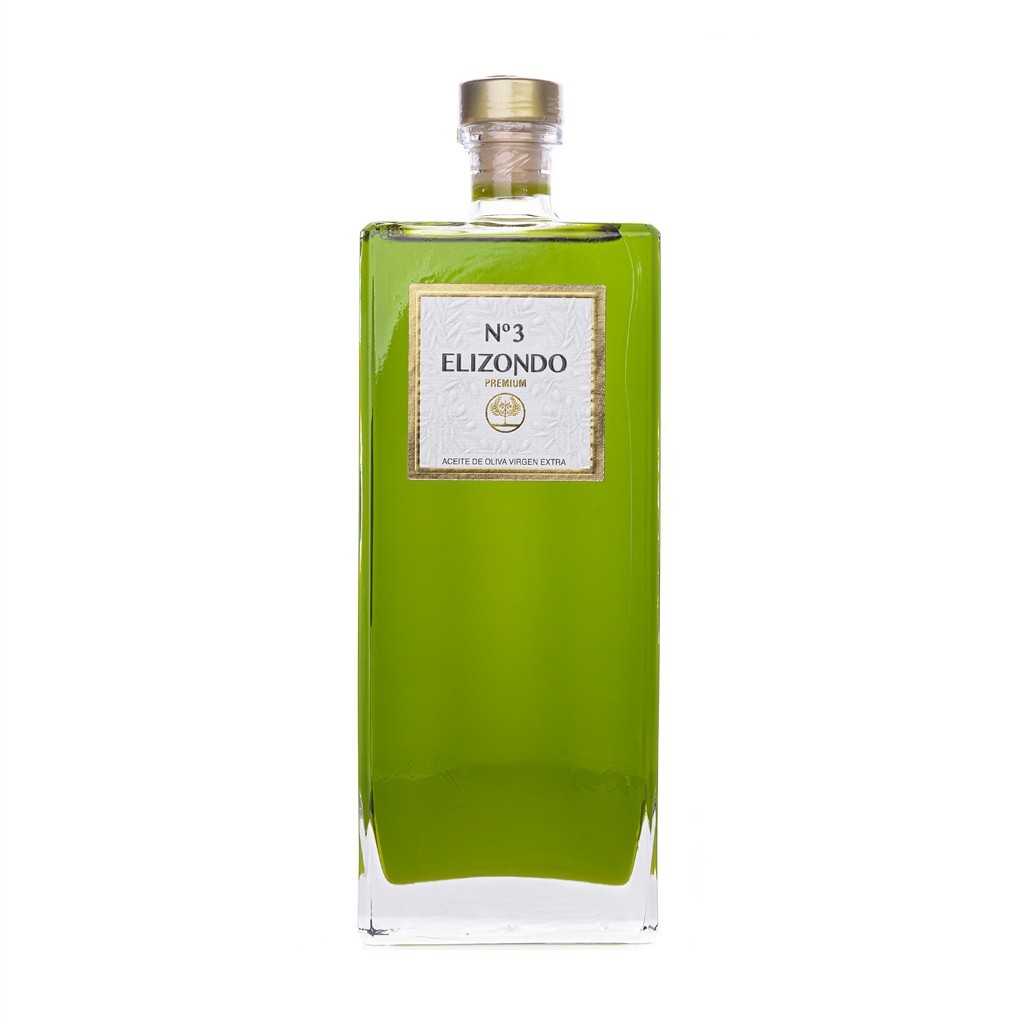- What factors really influence olive oil quality beyond tree age
- What research says about oil from old olive trees
- The advantages and disadvantages of centenary vs. millenary trees
- Whether older olive trees always produce better oil
Among olive oil lovers, one question often arises: does a millenary olive tree produce better olive oil than a centenary one? While it’s tempting to think that “older means better,” the truth is more nuanced. Scientific studies show that olive oil quality depends on many factors — not only tree age.
What Really Affects Olive Oil Quality?
The age of the olive tree is just one piece of the puzzle. Other factors often play a bigger role:
-Cultivar (olive variety)
-Soil, climate, and microclimate
-Farming practices such as pruning, fertilization, and irrigation
-Harvesting stage (green or ripe olives)
-Processing methods: speed, temperature, and hygiene in milling
In other words, a centenary tree in optimal conditions may produce better oil than a poorly managed millenary tree.
Scientific Studies on Old Olive Trees
Ancient Olive Trees
Research on millenary and ancient olive trees in Tunisia and the Mediterranean has shown that their oil can be very rich in polyphenols and antioxidants, sometimes higher than average levels. These oils often display intense, complex flavors valued in gourmet olive oil markets.
Centenary Olive Trees
Studies on centenary (100+ year-old) groves show that they also produce high-quality oils with balanced profiles of oleic acid and phenolic compounds. In fact, some centenary trees provide higher yields and more consistent harvests than very old trees.
Most research concludes that climate, soil, and agronomic care influence oil quality more than tree age. Age can add symbolism and prestige, but it does not guarantee superior flavor or composition.

Centenary vs. Millenary: Pros and Cons
| Feature | Centenary Tree | Millenary Tree |
|---|---|---|
| Yield | Consistent harvests, larger fruit load | Lower yield with age, irregular production |
| Oil Quality | Balanced, excellent when well-farmed | Can be rich in polyphenols, unique flavors |
| Maintenance | Easier to manage and prune | Harder to maintain, prone to decay/disease |
So, Does Older Mean Better?
The answer is not always. A millenary olive tree can produce oil of remarkable complexity, but usually in very small quantities. A centenary olive tree may offer a more reliable, abundant harvest with excellent quality oil. The best oils often come from a combination of factors: healthy trees, ideal terroir, careful harvest, and rapid cold extraction. In short, tree age adds prestige and story, but not a guaranteed quality boost.
Conclusion
So, does a millenary olive tree produce better oil than a centenary one? Sometimes yes, sometimes no. What matters most is not the tree’s age but the care, environment, and processing behind every harvest.
Still, when you taste olive oil from a tree that has stood for centuries or even millennia, you are experiencing more than flavor — you are savoring a piece of Mediterranean history.
Discover our Elizondo olive oil
Find the best Spanish extra virgin olive oils online at Spanish-oil . And buy the olive oils directly in Spain, we offer Worldwide shipping!


